Saturnalia is a loose holiday of the ancient Romans, which replaced Christmas for them
Categories: History
By Pictolic https://pictolic.com/article/saturnalia-is-a-loose-holiday-of-the-ancient-romans-which-replaced-christmas-for-them.htmlMany believe that winter holidays appeared together with Christianity. But this is not so — before Christmas appeared, another protracted holiday was celebrated in Ancient Rome, even more cheerful and long-awaited. Saturnalia dedicated to the god of agriculture Saturn began on December 17 and lasted for several days.
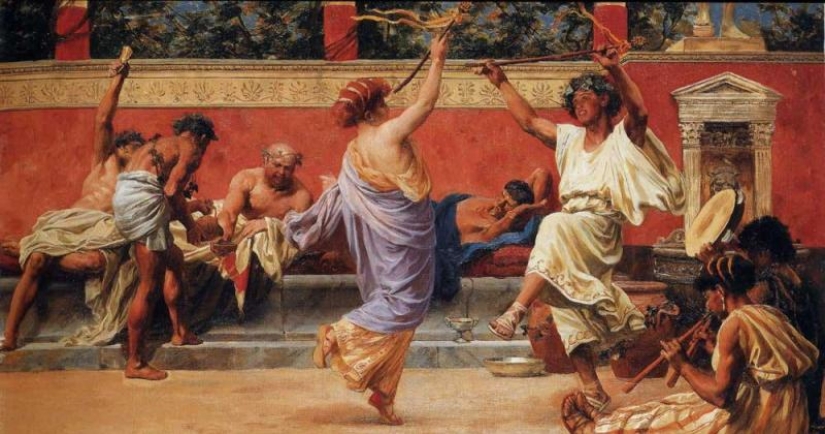
The Roman historian Titus Livius wrote that Saturnalia began to be celebrated starting from the 5th century BC. Initially, it was a one-day peasant holiday, during which farmers praised Saturn. But after a few decades, it became popular among all segments of the population and lasted for five whole days.
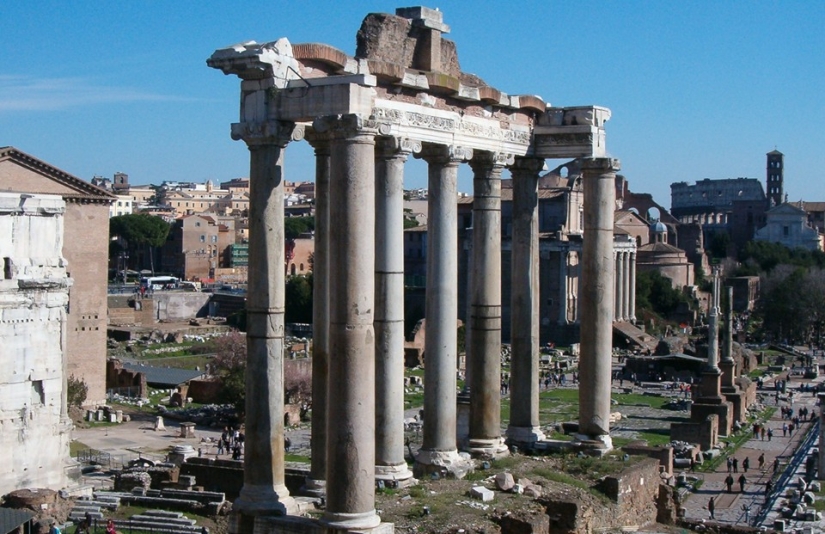
The winter festival began with the official part, which took place in the sanctuary of Saturn. The priests cut the woolen fetters that bound the huge statue of the god, and those present presented gifts to him. Everyone sang hymns and praised the god of agriculture, but at the same time they were looking forward to the end of the event.
When the high priest proclaimed "Io, Saturnalia", the most interesting thing began. Most of the laws ceased to apply and Rome plunged into fun, drunkenness and debauchery. On these days, wars stopped, executions were not carried out and gambling, which was prohibited on other days, was allowed everywhere.
Slaves were waiting for Saturnalia most of all, because these days they turned into masters. Any of them could put on a hat, which was allowed only to free people and go to a brothel. In many houses, slaves swapped places with their masters. They put on the clothes of the masters and took their places at the table. At the same time, the owners themselves were obliged to serve them.
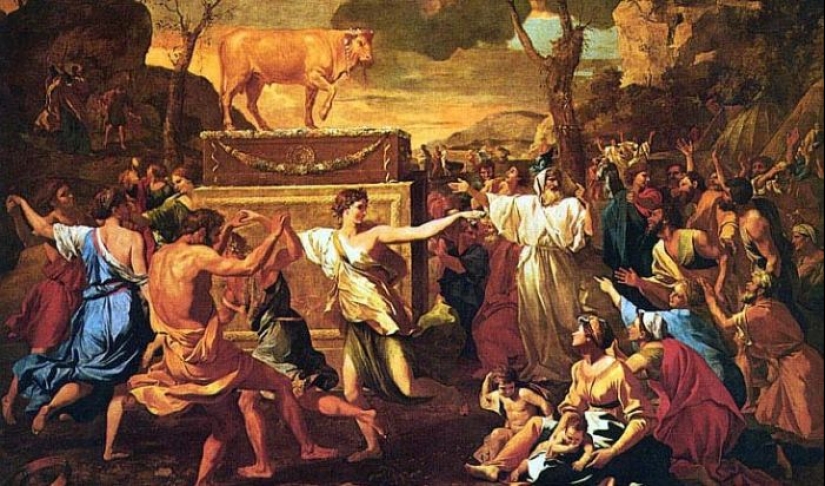
During the holiday, any slave could tell the master everything he thinks about him. The law forbade remembering this after the end of the Saturnalia and punishing for insolence. However, alas, we do not know how much it worked. British historian and researcher of religion James George Fraser wrote about it like this:
At the time of the Saturnalia, Rome, where it was always fun, turned into a continuous carnival. People went out to celebrate on the streets and continuously shuttled from house to house with visits. It was impossible to come to visit empty-handed. Therefore, they brought gifts with them, usually modest.
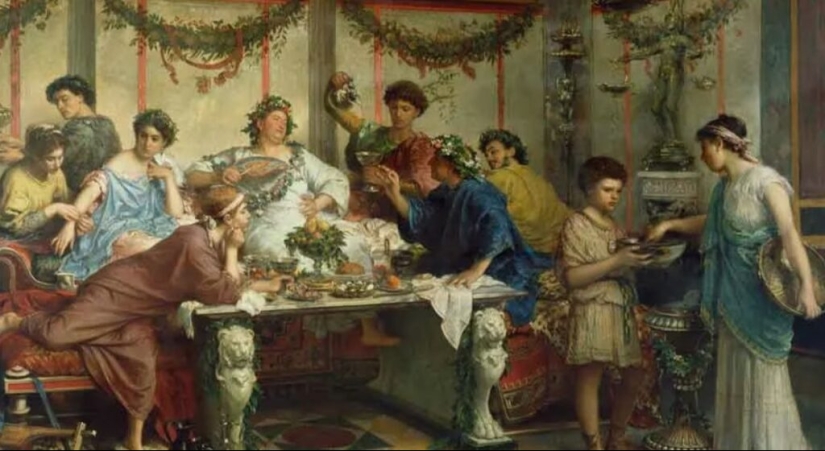
Even the rich did not flaunt gifts and gave the same as the poor. The holiday forbade the demonstration of wealth and superiority - Saturn abolished inequality for a while. The most popular were presents in the form of medallions with the image of a man's head and ordinary wax candles. The tradition of giving images of heads has remained since ancient times, when human sacrifices were made to Saturn by cutting off their heads.
Children were given toys and sweets, and sometimes pets, such as puppies, kittens or lambs. Edible gifts were also allowed, for example, pork sausages or hams, honey, dried fruits and wines — everything that gave people agriculture, which was managed by Saturn. But not everyone received gifts, but only men and children. Women were gifted in the spring, on the days of the marthonalia, which took place in March.
In 312 AD, Emperor Constantine proclaimed Christianity the only official religion. Immediately after that, Saturnalia, like any other pagan events, were banned. But the echoes of the ancient Roman holiday have been felt for many centuries and are still felt.
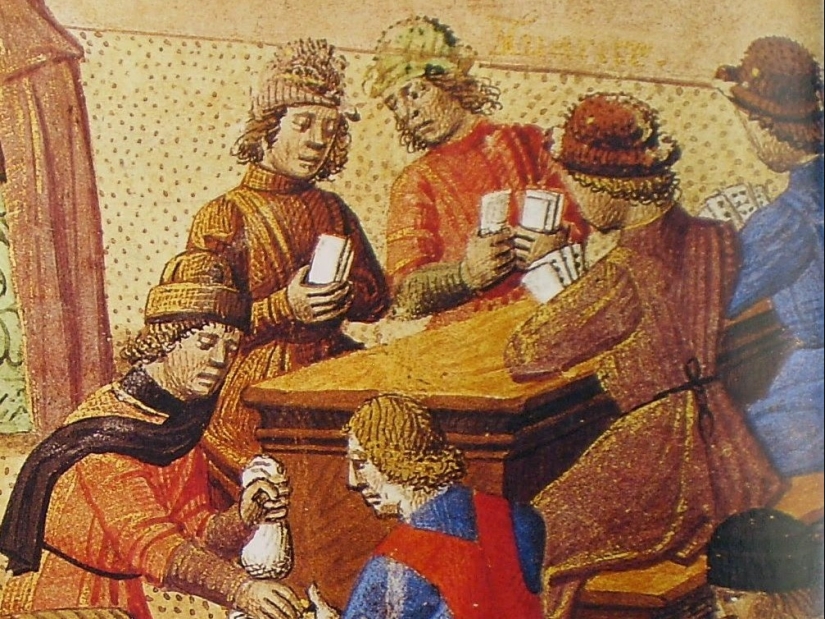
In the 16th century, English students were allowed to gamble three times a year: on All Saints' Day, on Christmas (in Saturnalia) and on Candlemas. Festive feasts, gifts and New Year's masquerades are also echoes of the pagan holiday. Christians managed to adapt many customs to their faith, which is nothing strange. Many religions freely borrow customs from each other, leaving dates, but changing the meaning.
Recent articles

It's high time to admit that this whole hipster idea has gone too far. The concept has become so popular that even restaurants have ...

There is a perception that people only use 10% of their brain potential. But the heroes of our review, apparently, found a way to ...

New Year's is a time to surprise and delight loved ones not only with gifts but also with a unique presentation of the holiday ...